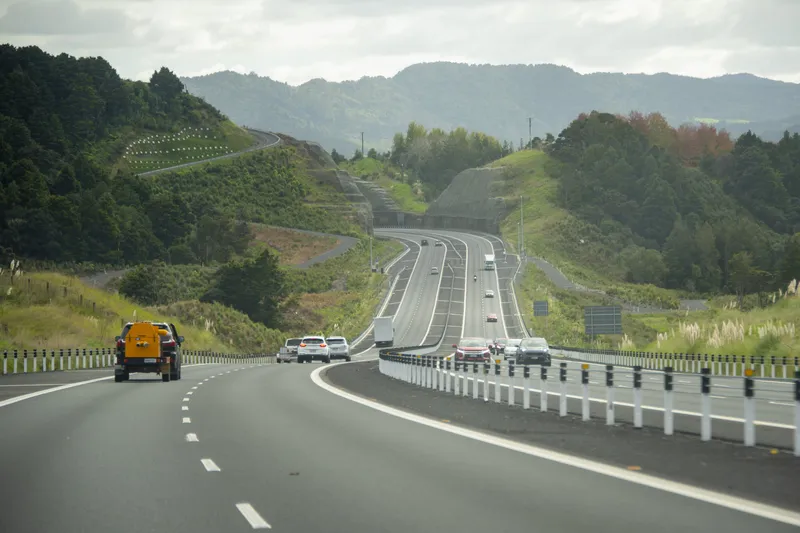A trial using wireless communications technology to deliver real-time traffic information has been launched by New Zealand’s Ministry of Transport and ITS consultants AraFlow. The Co-operative Intelligent Transport Systems trial will investigate whether providing accurate real-time information about traffic conditions to participating commercial transport operators improves the productivity of freight movements. Ministry of Transport Chief Executive Martin Matthews says “We are testing whether this informat
June 13, 2013
Read time: 2 mins
A trial using wireless communications technology to deliver real-time traffic information has been launched by New Zealand’s Ministry of Transport and ITS consultants 7385 AraFlow.
The Co-operative Intelligent Transport Systems trial will investigate whether providing accurate real-time information about traffic conditions to participating commercial transport operators improves the productivity of freight movements.
Ministry of Transport Chief Executive Martin Matthews says “We are testing whether this information allows better travel planning decisions, saves money by avoiding congestion and road traffic incidents, and reduces the time required to transport goods”.
Running until April 2014, the trial will involve commercial vehicles travelling on State Highway 2 between Auckland and Tauranga, and along selected alternative routes.
Bluetooth traffic sensors will collect anonymous data on average speeds between fixed points, overall journey times, traffic incidents and congestion. The real-time data collected will be fed back to drivers through dedicated roadside transmitters and in-cab units, and to transport operators through the password protected AraFlow website.
“This trial is unique in delivering up-to-the-minute data to commercial vehicles, and we are keen to see if this provides advantages over other existing sources of traffic information,” Mr Matthews said.
The Co-operative Intelligent Transport Systems trial will investigate whether providing accurate real-time information about traffic conditions to participating commercial transport operators improves the productivity of freight movements.
Ministry of Transport Chief Executive Martin Matthews says “We are testing whether this information allows better travel planning decisions, saves money by avoiding congestion and road traffic incidents, and reduces the time required to transport goods”.
Running until April 2014, the trial will involve commercial vehicles travelling on State Highway 2 between Auckland and Tauranga, and along selected alternative routes.
Bluetooth traffic sensors will collect anonymous data on average speeds between fixed points, overall journey times, traffic incidents and congestion. The real-time data collected will be fed back to drivers through dedicated roadside transmitters and in-cab units, and to transport operators through the password protected AraFlow website.
“This trial is unique in delivering up-to-the-minute data to commercial vehicles, and we are keen to see if this provides advantages over other existing sources of traffic information,” Mr Matthews said.










